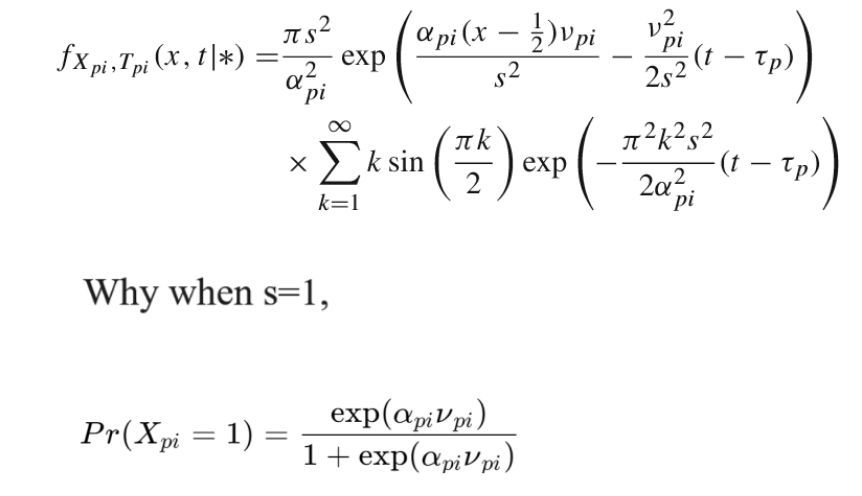
AllQuestion and Answers: Page 235
Question Number 198902 Answers: 2 Comments: 0
Question Number 198901 Answers: 1 Comments: 0

Question Number 198900 Answers: 0 Comments: 0
Question Number 198879 Answers: 0 Comments: 0

Question Number 198869 Answers: 1 Comments: 2

Question Number 198862 Answers: 2 Comments: 0

Question Number 198860 Answers: 1 Comments: 0

Question Number 198855 Answers: 1 Comments: 0
Question Number 198850 Answers: 1 Comments: 0
Question Number 198849 Answers: 2 Comments: 1

Question Number 198845 Answers: 1 Comments: 0

Question Number 198839 Answers: 0 Comments: 1
$${lim}\:{sin}\left({x}\right)\:=\:? \\ $$$${x}\rightarrow+\infty \\ $$
Question Number 198851 Answers: 1 Comments: 12
Question Number 198832 Answers: 1 Comments: 2

Question Number 198828 Answers: 1 Comments: 1
Question Number 198815 Answers: 0 Comments: 3
Question Number 198814 Answers: 2 Comments: 0
Question Number 198813 Answers: 1 Comments: 0
Question Number 198809 Answers: 2 Comments: 0
Question Number 198806 Answers: 1 Comments: 0

Question Number 198802 Answers: 1 Comments: 0
Question Number 199092 Answers: 5 Comments: 0
Question Number 199089 Answers: 2 Comments: 0

Question Number 198786 Answers: 2 Comments: 4

Question Number 198785 Answers: 3 Comments: 0

Question Number 198772 Answers: 0 Comments: 1
$${x}^{\mathrm{4}} +{ax}^{\mathrm{3}} +{bx}^{\mathrm{2}} +{cx}+{d}=\mathrm{0} \\ $$
Pg 230 Pg 231 Pg 232 Pg 233 Pg 234 Pg 235 Pg 236 Pg 237 Pg 238 Pg 239
